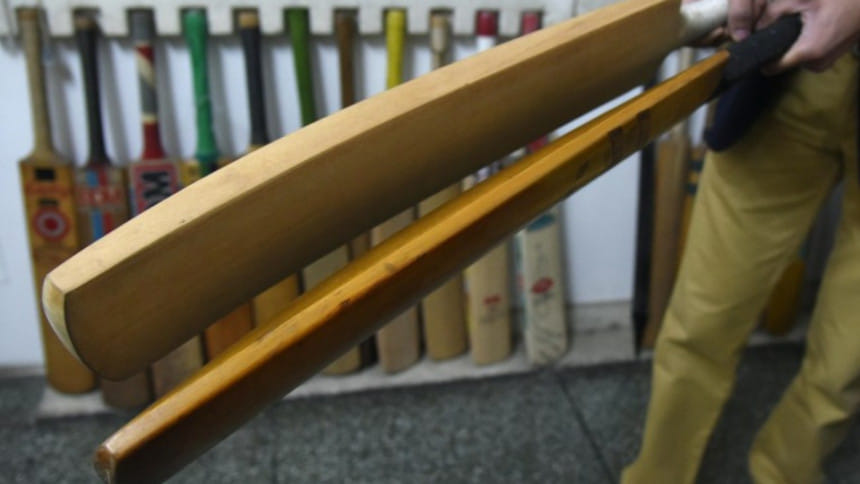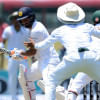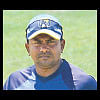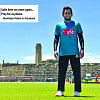Big bats dismissed, player send-offs introduced in new laws

Big bats are set to be consigned to the wood-heap and umpires will be given the power to send off players from October as part of cricket's new Code of Laws, the Marylebone Cricket Club has said.
The maximum dimensions of a bat will be restricted to 108mm in width, 67mm in depth and with 40mm edges according to the new code which will be issued on Oct. 1, the MCC said in a media release.
The rule change, decided after consultations with players, manufacturers and global governing bodies, is in response to growing concerns about the imbalance between bat and ball.
Bat sizes have grown pronouncedly in recent years, with thicker edges regularly sending mis-hit shots to the boundaries, much to the chagrin of bowlers.
"The bat size issue has been heavily scrutinised and discussed in recent years," the MCC's John Stephenson said.
"We believe the maximum dimensions we have set will help redress the balance between bat and ball, while still allowing the explosive, big hitting we all enjoy."
In other changes, umpires will be given more powers to punish poor player behaviour, starting with official warnings through to temporary or permanent dismissal from the field.
Offences including throwing the ball at a player or making deliberate physical contact with an opponent would result in the "immediate awarding of five penalty runs to the opposing team", the MCC said.
More serious offences, including "intimidating" an umpire or threatening to assault another player, team official or spectator, would mean five penalty runs and the offender's removal from the field "for a set number of overs".
Any act of violence would mean removal for the remainder of the match, the MCC added.
"We felt the time had come to introduce sanctions for poor player behaviour and research told us that a growing number of umpires at grass roots level were leaving the game because of it," Stephenson said.
In the first new Code of Laws since 2000, batsmen will also be protected from 'bouncing bat' run-outs in a rule change.
Players can no longer be run out if their bat loses contact with the pitch after being grounded behind the popping crease.
The MCC, which is based at Lord's in London, has been the custodian of the laws of cricket since they were first created in 1787.















Comments